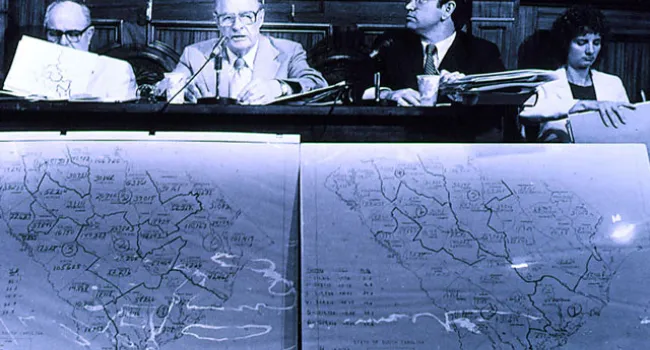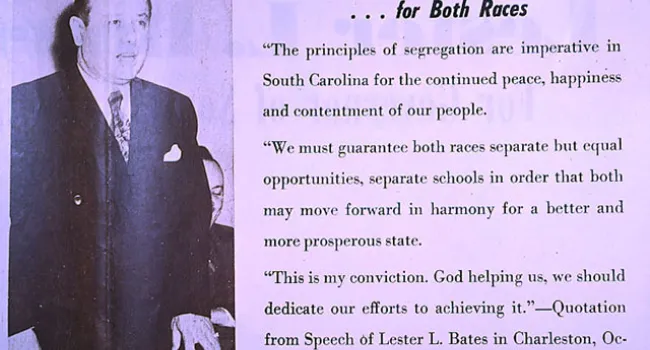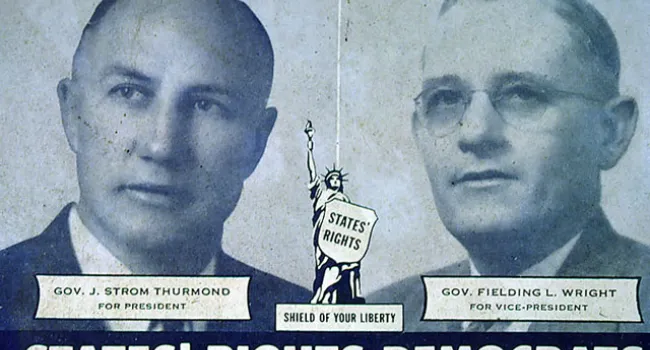
Women's Suffrage Movement, Part 2 | History In A Nutshell
Episode
2
Video
The second generation of suffragists came to prominence alongside the "New Woman" movement in the early 1900's. The American Woman Suffrage Association and the National Woman Suffrage Association...




